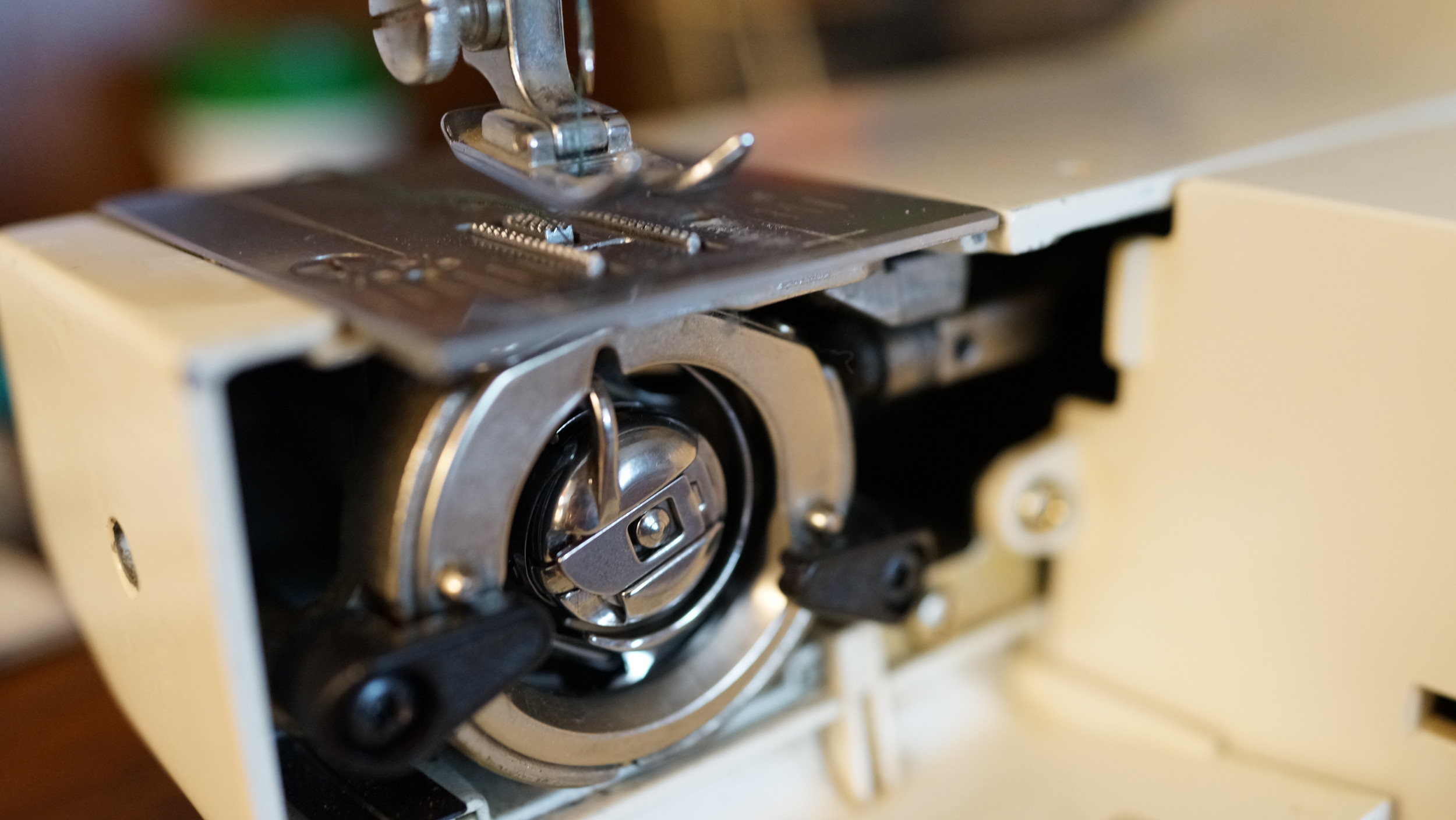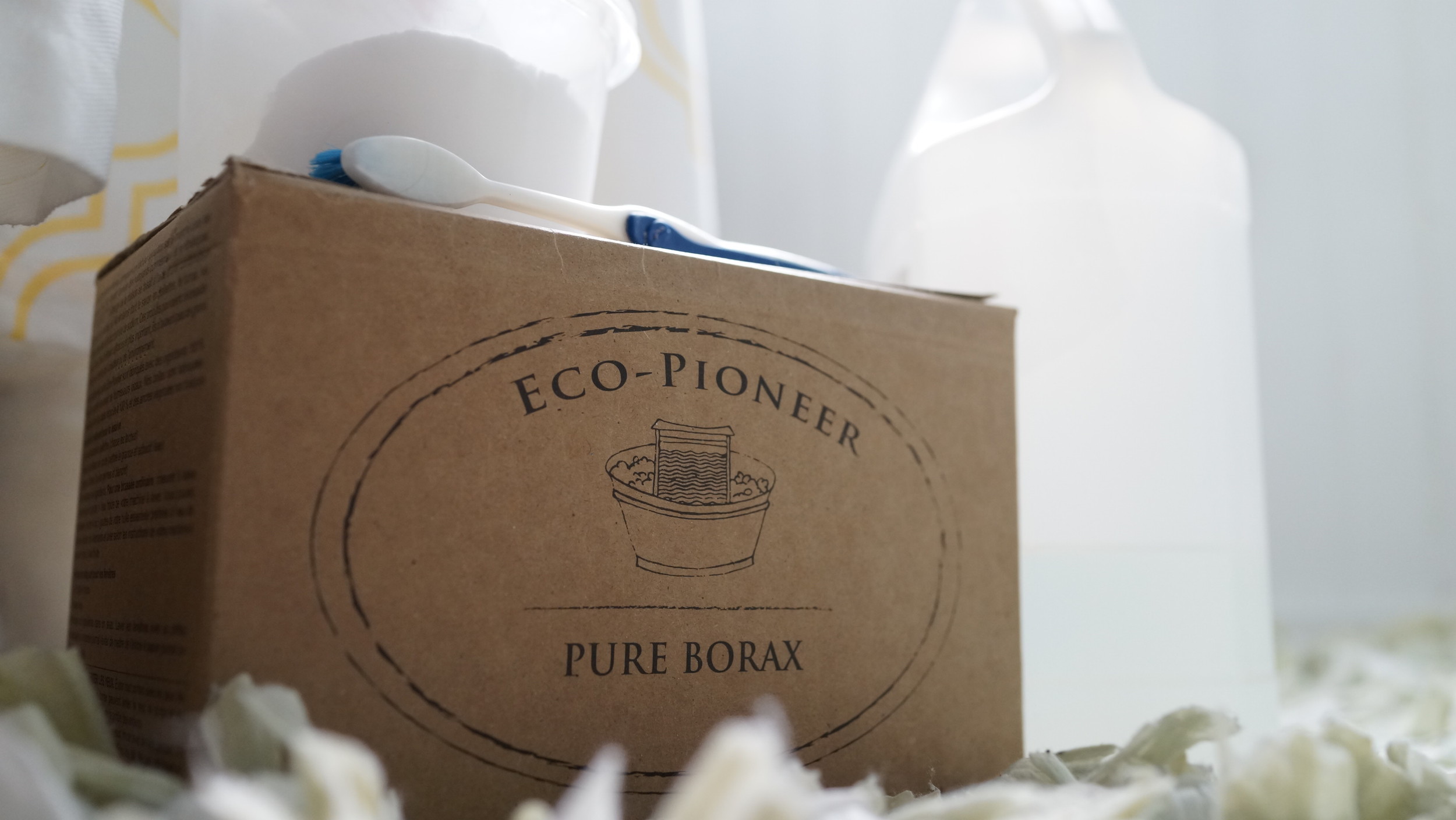Becoming Strong at Home
Strong Citizens are at the core of everything Strong Towns hopes to achieve. In my last column, I shared the closing remarks of EF Schumacher in his seminal, Small is Beautiful, which I believe tidily sum up the work of a Strong Citizen:
Everywhere people ask: ‘What can I actually do?’ The answer is as simple as it is disconcerting: we can, each of us, work to put our own inner house in order. The guidance we need for this work cannot be found in science or technology, the value of which utterly depends on the ends they serve; but it can still be found in the traditional wisdom of mankind. - Schumacher (1973), Small is Beautiful, Pg. 252
Putting Our Own Inner House in Order
As we are busy trying to mend the self-destructive systems in which our cities are embroiled, how do we prepare for some inevitable contraction? Over the past year, I've shared many stories of my approach to homebudding, i.e. creating new life and homeyness where you live. And truly, I believe building and maintaining a caring community is the best collective response we can have to the impending bursting of bubbles. But what about individually?
If one were to follow Schumacher’s advice and put the inner house in order, testing out our biggest goals at the household level, what does that look like?
There are far more practiced and knowledgeable people to hear from on the subject of disaster-proofing yourself, including Strong Towns contributor Johnny Sanphillippo. You can read about preparedness and self-sufficiency at length and in laughter all over the internet. The reason I’m sharing is because a) my novice status is perhaps a bit more approachable; and b) like many of you, I’m constrained by cash and landlessness. It's tough to be a resilient renter.
Here are some “strong at home” practices I’ve tried to implement. Please share your own for inspiration!
Proposition for the city: Financial solvency
Household-level applications:
- Keeping overhead low. We work hard to keep recurring expenses at a minimum so that our savings would last a lot longer in the event of unemployment.
- Not buying a lot in general. Refuse, reduce, reuse, recycle.
- Diverse and adaptable employment. I'm not seeking a salaried job or a career track for now, instead opting for contract work which has broadened my skill set and professional community. It’s a bit scary to be abandoning modern career advice, but I see more value in being a generalist than a specialist in the coming years.
- Saving up to buy/build income property. Since I work in the gig economy and it’s unclear where our politics are headed, I’m trying to be prepared for the worst. Being a small scale developer is my old age plan.
Proposition for the city: A strong local economy
Household-level applications:
- Living close to home. I feel confident that I can be happy and fulfilled in a localized world because I already spend 90% of my time within a 5 block radius of home.
- Providing in-kind support to small businesses. I invest a lot of energy into consulting, design, or marketing support for small businesses that I want to see succeed.
- Supporting local businesses and farmers, even if it costs more. Since I’m lucky enough to have disposable income, it’s an honour and a duty to spend that in the community. Happy to buy less stuff, meat, and cheese, if it means I can afford to buy local.
A local company called Real Food Connections has created a strong distribution and retail network for farmers in the region.
Proposition for the city: Energy independence
Household-level applications:
- Conservation practices. If we can get accustomed to a low-energy lifestyle, we can get by with small scale renewables at a future home.
- Living small. Having less space to heat helps.
Proposition for the city: A local food system
Household-level applications:
- Learning to grow my own food in containers and some public land, with the help of Brother #3 (green thumb).
- Vermicomposting to divert landfill waste and recycle soil nutrients.
- Buying regional, organic seed varieties and learning how to save seeds. These seeds are ideal for my climate and are embedded with the care of generations of thoughtful farmers.
- Collaborating with others. I borrow tools from my neighbours and offer to water their plants when they’re out, etc. I like the idea of building up a reciprocal, agrarian-style community in the city.
- Learning to be more self-sufficient with food preparation. Brother #1 (food whiz) has been helping me to gain skills and practice resourcefulness in the kitchen, including making inexpensive, mostly vegetarian meals. For what meat we do consume, I would eventually like to raise our own rabbits and chickens. Until then, I'm learning how to butcher and cook rabbit or chicken whole so that I have a less abstract relationship with our food sources.
- Capturing and storing rainwater, thanks to my awesome previous neighbours.
Pretty much everything here is second-hand and free.
Proposition for the city: Maintenance and repair
Household-level applications:
- Learning how to sew. My mother-in-law-to-be just found me a great old Sears Kenmore sewing machine with quality metal parts and she's teaching me how to use it. My goal here is to feel confident mending and repurposing clothing and fabric.
- Maintaining good health. Easy to say at 26 and childless, but still…
- Within our limits as renters, we try to take good care of the place we live. We use elbow grease and cleaning supplies that will not damage the house or poison the water.
- Picking up more mechanical skills. My partner, Ryan, has loved taking things apart since he was a kid, so he’s been teaching me bike maintenance and general fix-it knowledge.
What does “strong at home” look like for you? What has it taught you about the value of these approaches at a larger scale?
I think my biggest takeaway is that the core strength in my situation has come from relationships. Most of what I'm learning is a redundancy, a back-up plan for any absence of family or friends. Being a caring and attentive sister, daughter, and friend is probably the most practical plan I have for being anti-fragile if things get dicey.
Another big takeaway is the importance of land. It's only since the industrial growth-machine superficially cut our ties to the land that hyper-urbanization has become possible. I already feel an acute sense of vulnerability as a renter and apartment dweller without soil to my name.





